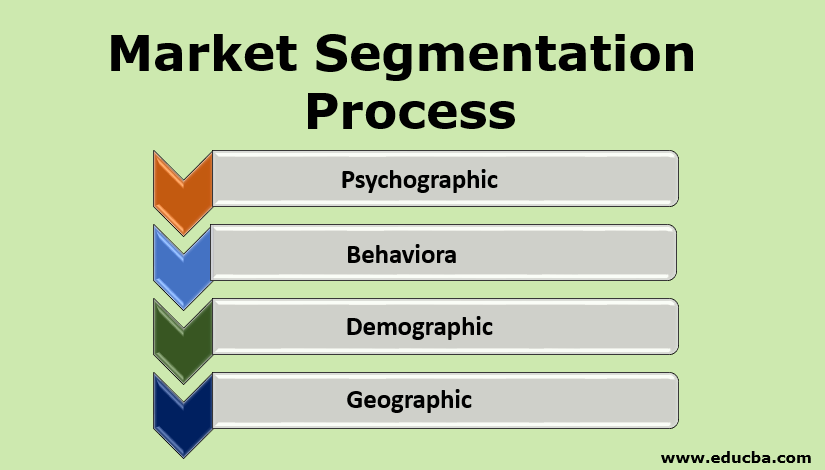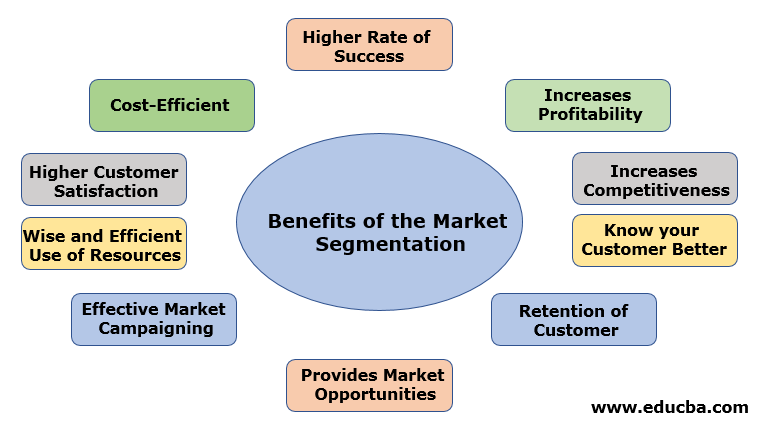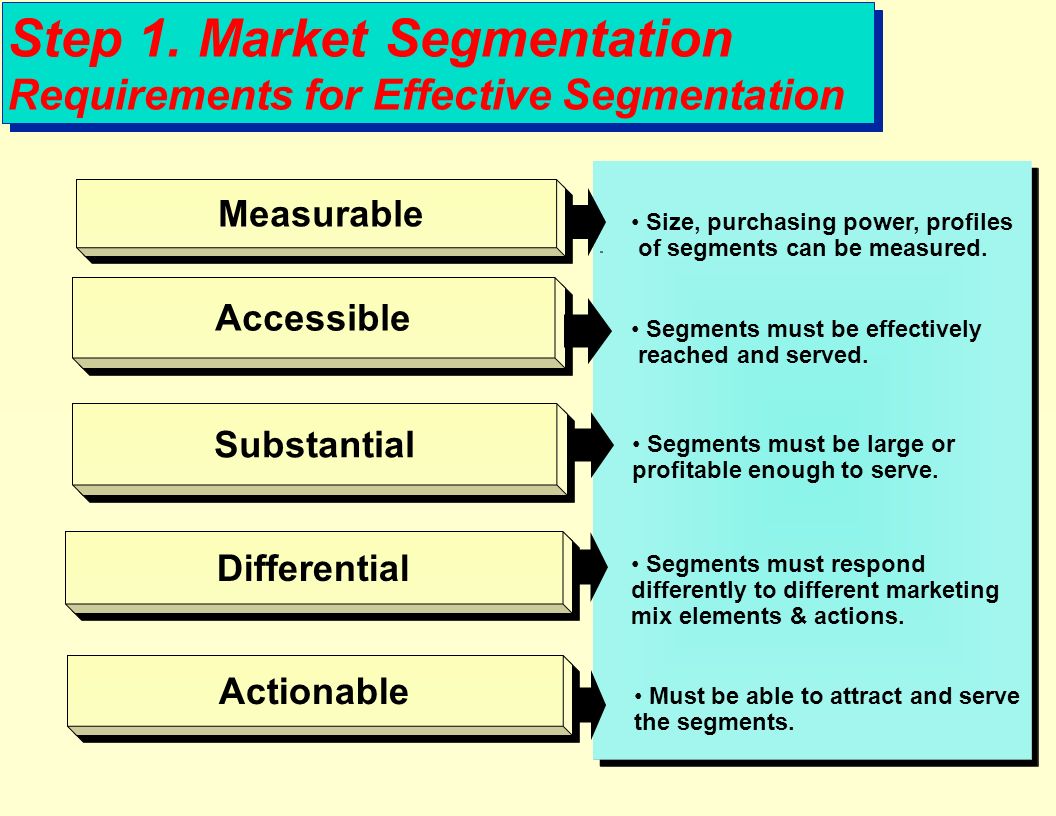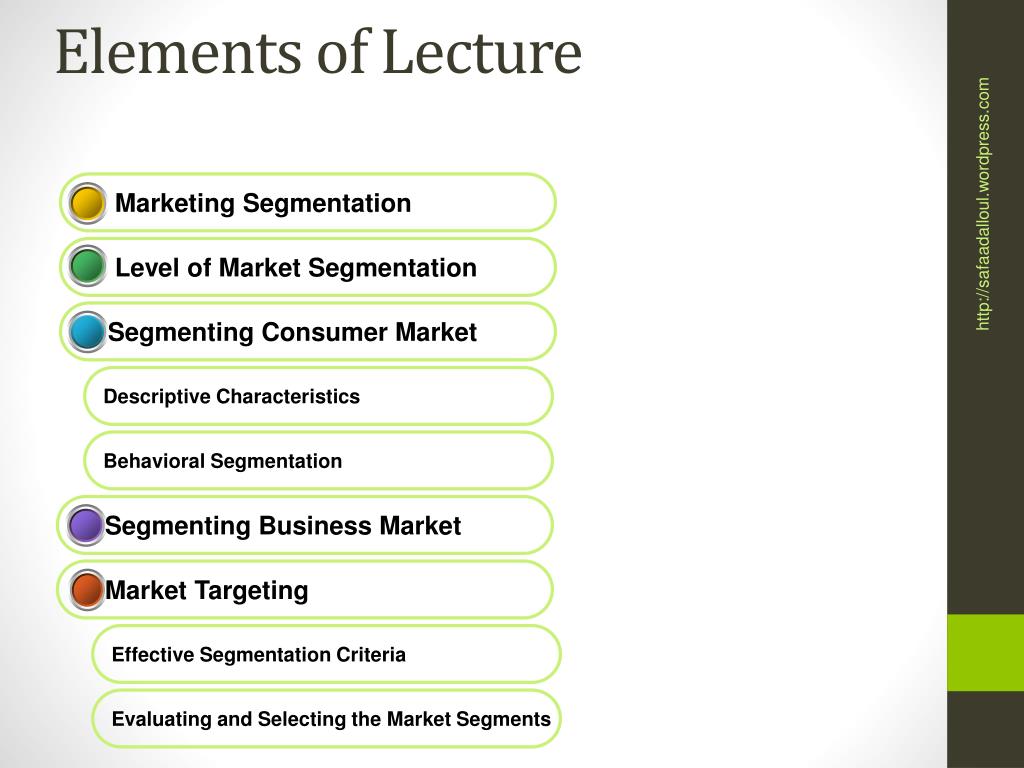Market segmentation is the process of dividing a market into smaller groups of consumers with similar needs or characteristics. This allows companies to create targeted marketing campaigns and tailor their products or services to the specific needs and preferences of these segments. Effective market segmentation can provide numerous benefits to a business, including increased efficiency and profitability. However, there are certain conditions that must be met in order for market segmentation to be effective.
First and foremost, a market must be large enough to justify the effort and resources required for segmentation. Segmenting a small market may not be worth the investment, as the potential returns may not justify the costs. Additionally, the segments within the market must be clearly defined and distinct from one another. This means that there should be significant differences between the needs and characteristics of the different segments, and these differences should be measurable and relevant to the business.
Another important condition for effective market segmentation is the availability of accurate and reliable data. In order to identify and target specific segments, a business must have access to data on the demographics, behaviors, and needs of its potential customers. This may require the use of market research techniques such as surveys, focus groups, and customer data analysis.
Once the segments have been identified and defined, the business must also have the resources and capability to effectively target and reach these segments. This may involve creating tailored marketing campaigns and adjusting products or services to meet the specific needs of the segments. In order to be effective, the marketing efforts must be able to effectively communicate the value and benefits of the business’ products or services to the target segments.
Finally, market segmentation must be dynamic and responsive to changing market conditions. As customer needs and preferences evolve, so too must the segments and the marketing efforts targeted towards them. This requires ongoing market research and analysis to ensure that the business is effectively meeting the needs of its target segments.
In summary, effective market segmentation requires a large and diverse market, clearly defined and distinct segments, access to accurate and reliable data, the ability to effectively target and reach these segments, and a dynamic and responsive approach to changing market conditions. By meeting these conditions, businesses can effectively segment their markets and create targeted marketing campaigns that are more likely to be successful in attracting and retaining customers.






